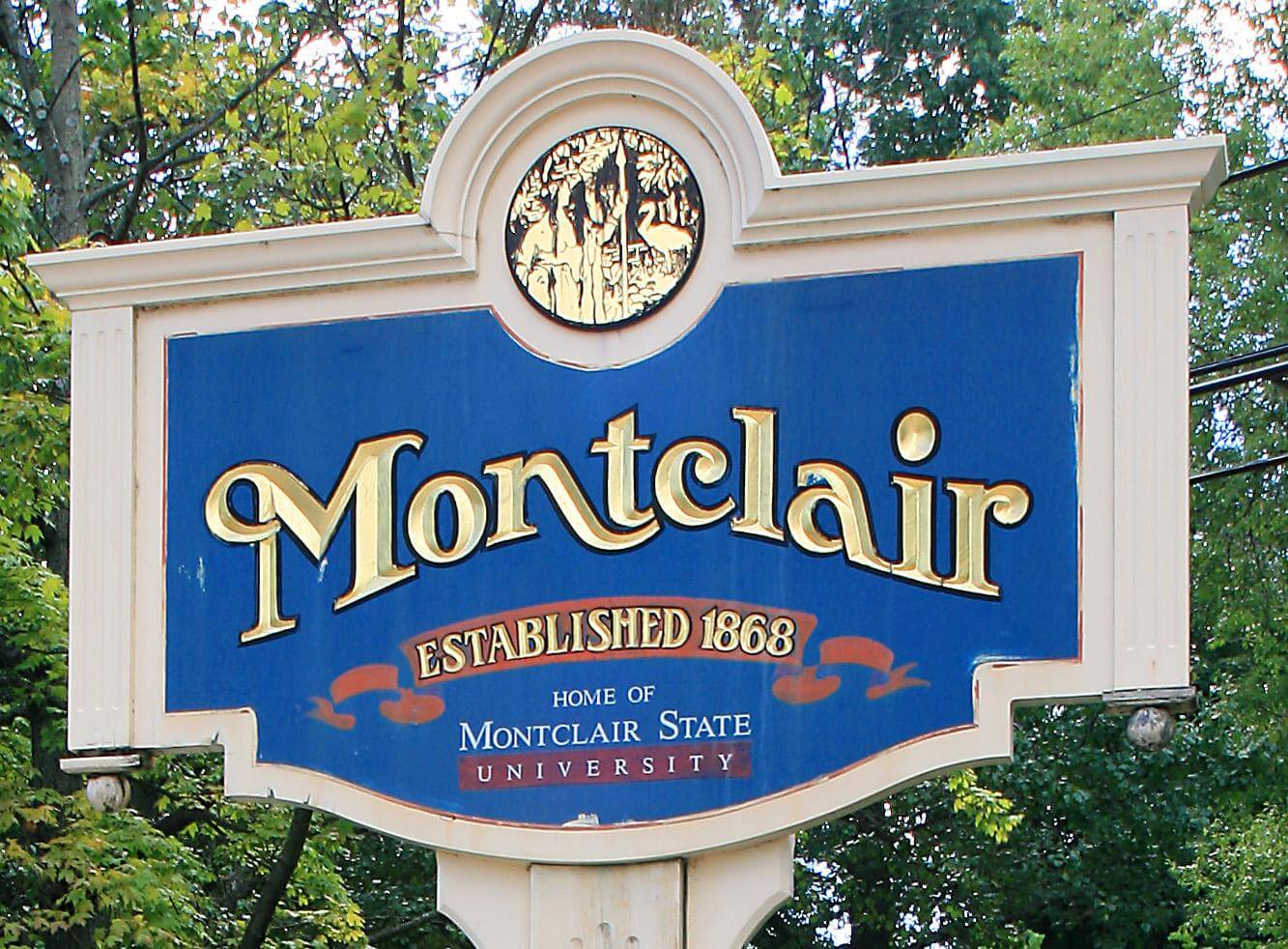
Pleasantville Teacher Is Caught On Video Using Racist Language
March 16, 2022
Montclair Politicos React To Take-Down of Teacher Union President/Montclair Mayor Sean Spiller
March 17, 2022Jersey City and Lakewood: Not So Perfect Together When It Comes Schools and Property Taxes
Jersey City and Lakewood’s public school districts couldn’t be more dissimilar. The former, New Jersey’s second largest district, educates 33,000 students—a mix of Black, white, Hispanic, Asian– in the northern part of the state. Lakewood, located in South Jersey, educates 6,000 low-income Hispanic in-district students plus provides transportation (and sometimes tuition) to 30,000 ultra-Orthodox students who attend private Jewish day schools.
Yet they’re both facing the same problem: big budget deficits.
Jersey City’s woes are tied to a long practice of issuing PILOTS (Payments in Lieu of Taxes) because, well, it didn’t need reliable rateables: as an Abbott district (now an SDA or Schools Development Authority district) the state paid for almost all district expenses so property tax rates for supporting schools were an afterthought. But over time Jersey City has evolved from plagued to plush: you can currently buy a three-bedroom condo (photo above) on the waterfront for $3.1 million.
(See StateAidGuy for a full discussion of how this “lucrative” pattern of granting PILOTS in JC yielded massive short-term benefits at the expense of long-term planning. Here’s an Explainer on how NJ pays for schools.)
Thus the state has gradually decreased state aid. Last year, for instance, the state’s share of Jersey City’s school funding dropped from $253 million to $185 million. Next year it will drop an additional $69 million. This leaves the district with an $184 million budget hole and the average city taxpaye on the hook for an additional $2,399 a year, or $200 a month. That’s a lot!
Then again, Jersey City’s school district is projecting a 2022-2023 operating budget of $955.6 million, just short of one billion. For comparison’s sake, Newark Public Schools, the state’s largest district with 55,000 students, has an operating budget this year of 1,066,118,047. That’s only $45 million more than Jersey City for educating 22,000 more students but who’s counting? (Jersey City taxpayers are, for starters.)
Lakewood has a different problem: a long-term inability to balance its budget due to exhorbitant costs of transporting all those yeshiva students, plus massive tuition pay-outs to special education schools: $32 million last year to the “School For Children With Hidden Intelligence.” In fairness, NJ’s school funding formula doesn’t calculate the costs associated with 30,000 non-district students. And yet it’s just not sustainable to keep demanding “loans” from the state that won’t ever get paid back and currently add up to $125 million, almost equal to the district’s operating budget last year of $146,314,339.
While these are different problems, the solutions are the same, whether you live in Jersey City or Lakewood: homeowners must pay more in property taxes. That’s why Jersey City residents will see that big hike and it’s why Lakewood needs to stop lowering property taxes, as it did last year. A new ruling from the state’s acting Attorney General Matthew Platkin says, according to the Asbury Park Press, that Lakewood should have raised taxes before asking for more state money:
Between fiscal years 2015 through 2018, Lakewood raised … nearly $31 million less than it would have had it taxed at the highest rate possible… Lakewood was taxing below the state average and below other districts. The problem is an unbalanced budget, and the district needs to do a more strenuous job of planning when it comes to moving the district ahead. … And while Lakewood undeniably faces high costs for transportation of its nonpublic school population, it has also failed to raise taxes, as permitted under (state statutes) to fund those expenses.
[Update: AG Platkin, according to StateAidGuy, is incorrect. Over the last two years Lakewood has raised taxes by $5 million.]
Then there’s the 6-feet-under morale of Lakewood’s teaching force. Platkin writes, “teacher turnover is significant in Lakewood, where the average teacher salary is below the state average” and that “the average teacher in Lakewood has between only four and five years of experience, necessitating significant spending on teacher development and training, and that there is a lack of remediation/intervention specialists in the district who can provide students with the extra educational support they require in their areas of struggle or deficiency.”
Jersey City will be fine. While areas of the city remain very poor—67% of district students are eligible for free or reduced lunch—people who live in waterfront condos can dig a little deeper, especially since, due to the city’s Abbott status, their kids get free preschool. Lakewood need to either win the current lawsuit (details here) that demands the state come up with a carve-out for a school district with such atypical demographics, or hit the taxpayers harder. And perhaps the Murphy Administration’s Department of Education should stop approving these non-loans and enabling Lakewood’s bad habits.




